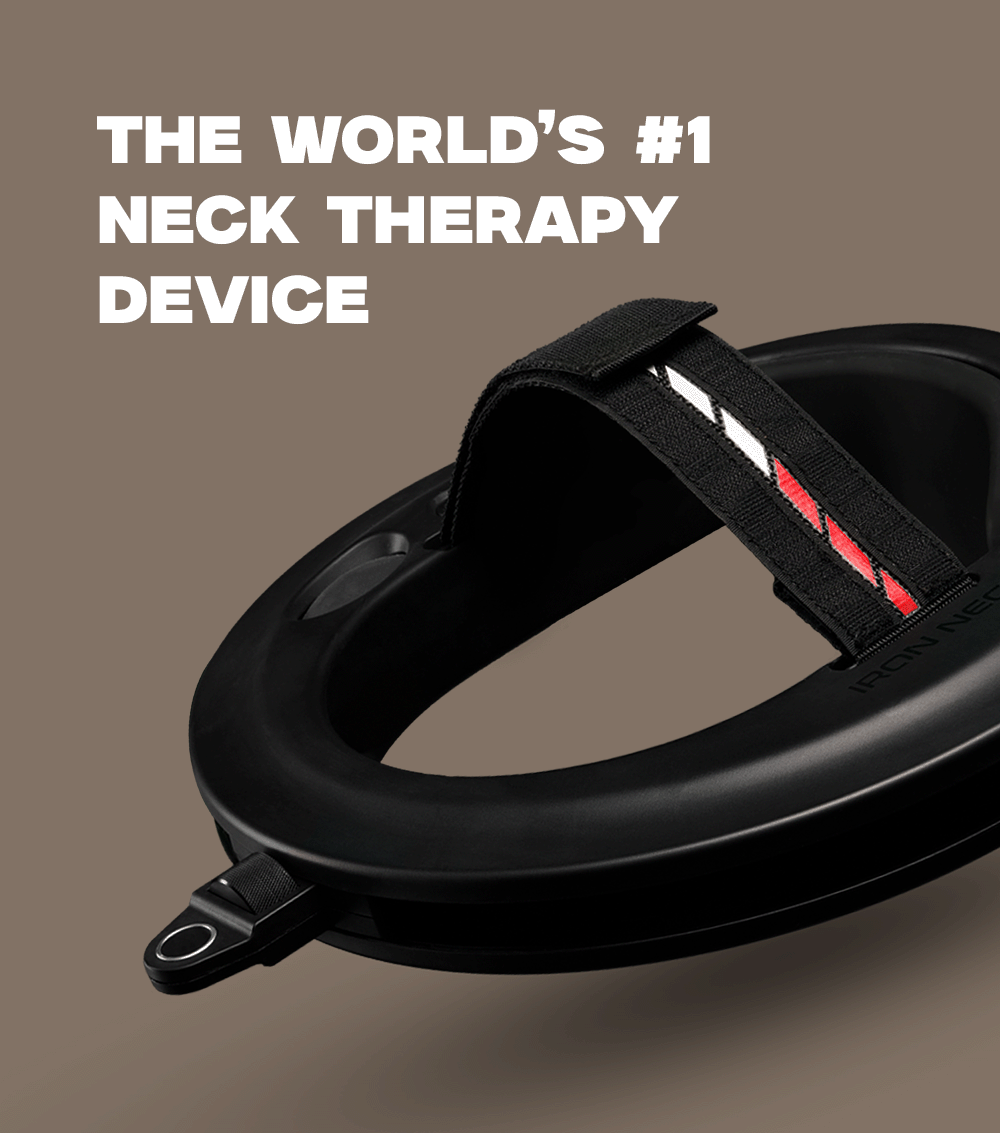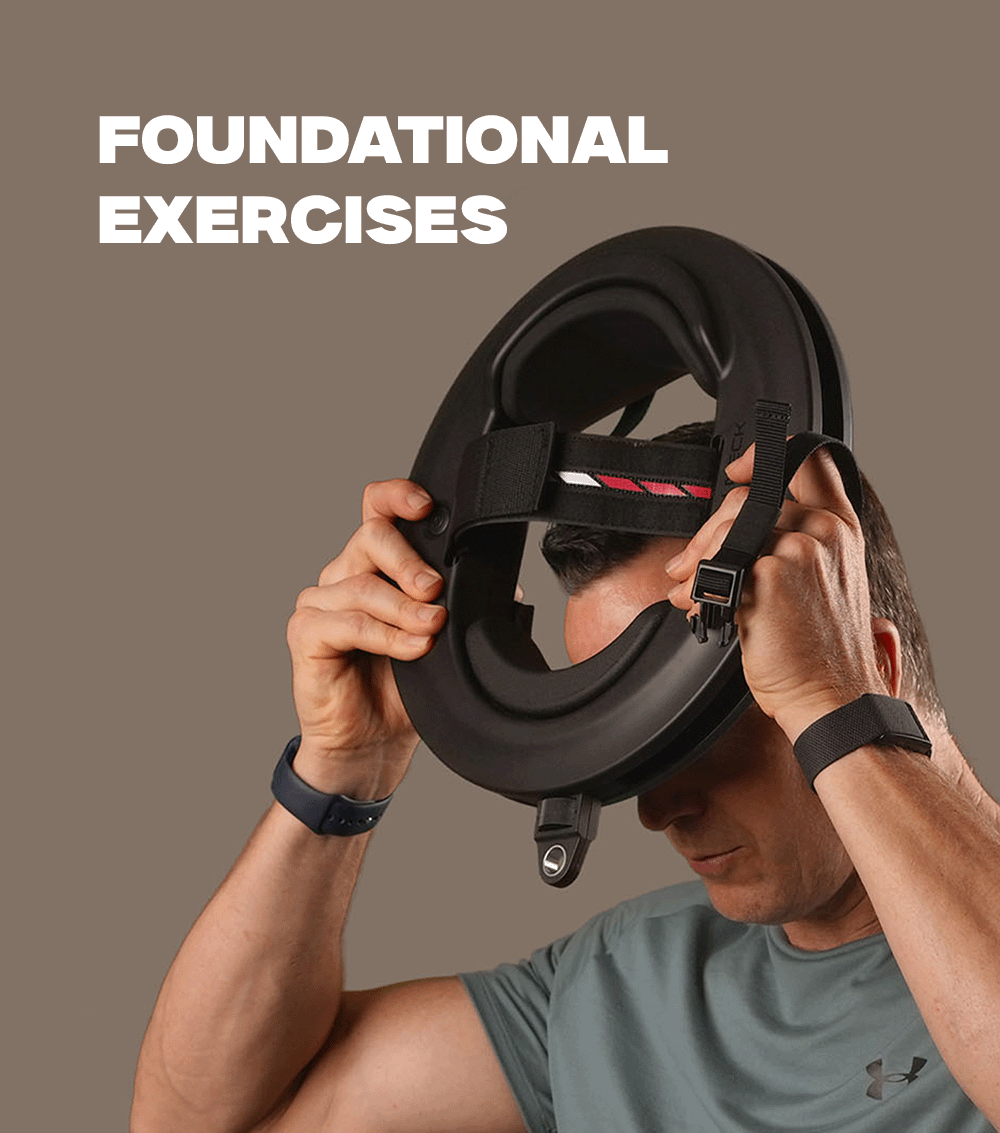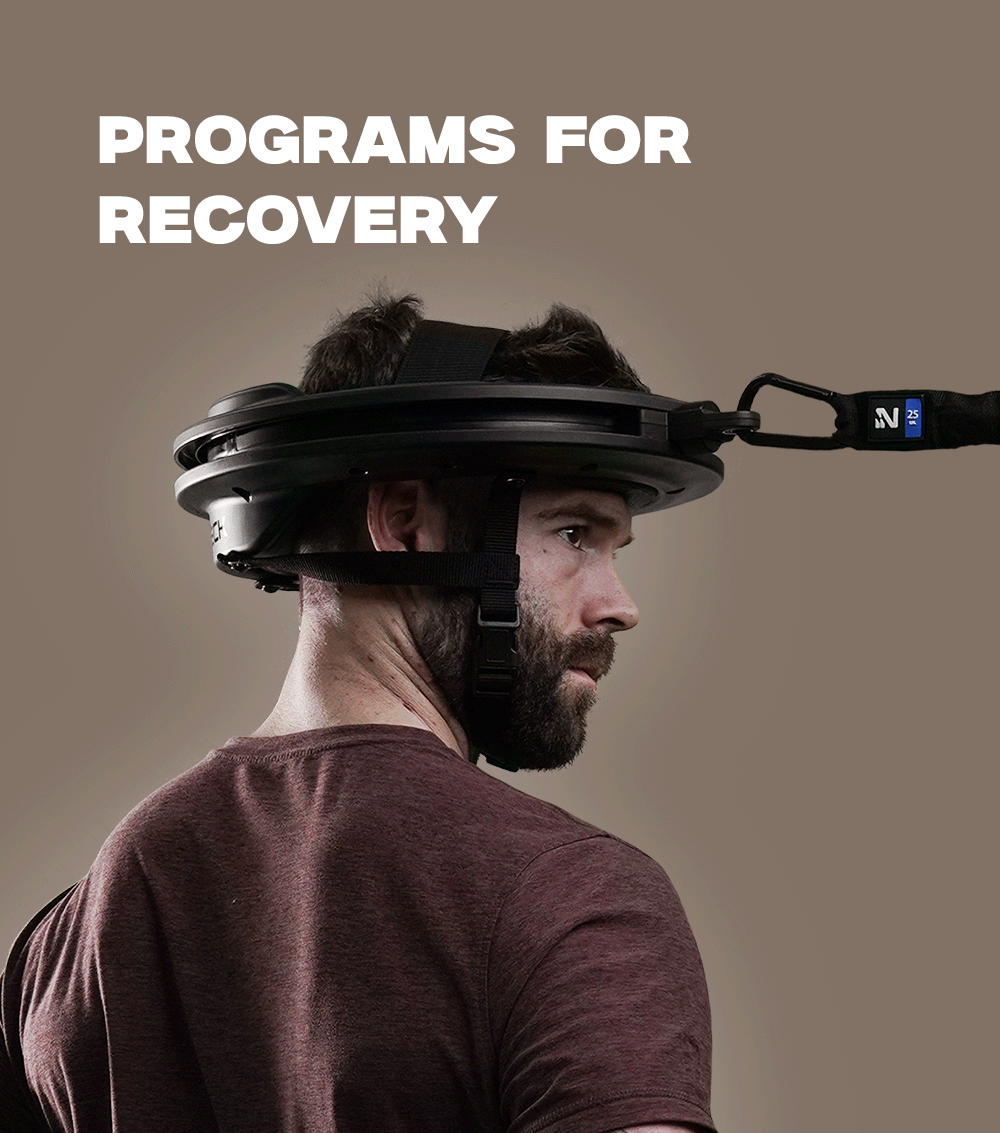Whether your head feels heavier than usual or you're suffering from a stiff neck, neck pain can manifest itself in several different ways. About 65 million Americans have complained about neck pain at least once in their lives with symptoms ranging from very mild to extremely severe. If you're suffering from neck pain but aren't sure what might be causing it, we've created this handy guide just for you. We are going to discuss what neck pain is, the different types of neck pain, the symptoms, causes, and the best course of treatment.
types of neck pain
You would think neck pain is a pretty straightforward diagnosis - it is pain in your neck. However, there are plenty of instances in which neck pain is tougher to diagnose. That is because pain isn't always localized just in the neck. The pain can radiate towards your head, shoulders, back, arms, and chest—basically, neck pain can also affect your entire upper body. Maybe you're dealing with very mild neck pain, just enough to annoy you throughout the day. Or, maybe you are suffering from severe symptoms that affect your motor skills and leave you struggling to move. Whichever the case, neck pain is no joke and it needs proper treatment or else it could get worse. There are three types of neck pain that a person might have. These include neuropathic, mechanical, and central neuropathic neck pain. Here's the difference between them:
- Neuropathic neck pain: This type of neck pain stems from the nerve roots in our cervical spine. It is usually caused by nerve compression or a pinched nerve. People with neuropathic neck pain often have a herniated disk that presses against a nearby nerve.
- Mechanical neck pain: Neck pain that stems from the spine and its surrounding connective tissues—i.e., the muscles, ligaments, bones, and cartilage. This type of pain is the most common and is usually caused by poor posture, neck strain, or stress.
- Central neuropathic neck pain: These are usually caused by a stroke, a spinal cord injury, or multiple sclerosis. Any injury or infection (e.g., abscess, encephalitis, myelitis) towards the central nervous system causes central neuropathic neck pain.
Some people experience only one type of neck pain, while others may experience a combination of the three, possibly even all of them. Let's take a look at some other symptoms besides just the presence of pain itself.
symptoms of neck pain
Other than the neck pain itself, this ailment can have a plethora of other symptoms to match. Knowing the symptoms lets you gauge how serious your neck pain is and whether you may be suffering from something worse than just strain or stress. Here are some common accompanying symptoms:
- numbness
- tingling
- tenderness
- sharp shooting pain
- range-of-motion difficulties
- fullness
- difficulty swallowing
- pulsations
- swishing sounds in the head
- dizziness or lightheadedness
- lymph node (gland) swelling
- headache
- facial pain
- shoulder pain
- arm numbness or tingling (upper extremity paresthesias)
- upper or lower back pain
If your neck pain is accompanied by any of the symptoms listed above you may need to seek medical attention immediately. Some of these symptoms may also be a sign of coronary artery disease (angina) or even lung tumors. Another thing to consider when gauging the severity of your neck pain is estimating how long you've been experiencing the symptoms. If it lasts less than 4 weeks the neck pain is acute. 4 to 12 weeks is subacute. Pain that lasts 3 or more months is already known as chronic neck pain. Chronic neck pain needs to be addressed immediately or else it might just get worse.
what are some causes of neck pain?
Neck pain can be caused by a wide variety of things. It may simply be the result of having poor posture, sleeping the wrong way, or aging. Or, maybe you did something to tweak your neck - this is incredibly common.
People above 50 tend to experience more neck pain than their younger counterparts. Stress, being overweight, and other lifestyle habits may play a part in your neck pain, too. It can also be caused by certain health conditions such as osteoarthritis, rheumatoid arthritis, ankylosing spondylitis, and other forms of arthritis that affect the cervical spine.
In worse cases, neck pain can be caused by a spinal infection, spinal cord compression, cancer, fractures, strains, sprains, or other injuries. If you recently fell, got into a car accident, or if you play a contact sport such as football, Brazilian jiu-jitsu, Muay Thai, and so on, you might have whiplash. Having weak neck muscles can also be the root cause of your neck pain. Millions of people suffer from having a weak neck.
In fact, it's actually the main reason why our neck is more prone to strains and injuries. By strengthening your neck you not only get rid of neck pain but also improve your posture and prevent future neck injuries. But, the only way to know for sure what's causing your neck pain is by consulting a medical professional. A doctor can diagnose the cause of neck pain and only through a series of examinations and tests. Here is how that process will typically go.
how is neck pain diagnosed?
There are quite a few tools doctors or physical therapists have in their arsenal when diagnosing neck pain. Most often, they'll implement a series of tests and surveys to identify the root cause. They'll typically start with a physical exam and by checking your medical history. They will feel around your neck to try and identify where the pain is coming from. You will also be interviewed about any previous neck injuries you might have had. If you were in an accident or if there is something in your daily routine that may be causing neck pain, this survey will uncover it. Medical professionals may also use imaging tests such as X-rays, magnetic resonance imaging (MRI), or computed tomography (CT) scans to better understand what's going on with your neck. Other tests such as electromyography, nerve conduction studies, or myelogram, may also be conducted. These are tests that look more closely at the discs in the spine, the spinal cord itself, and the nerves.
what are some home remedies you can try for pain relief?
If you're only dealing with minor neck pain such as a stiff neck, these home remedies may be enough to relieve your neck pain:
- Apply heat pads. Do not put the pad directly onto your skin - make sure to wrap it with a cloth or linen barrier to protect yourself from burns. While ice may help in some instances, it often hinders the recovery process - avoid it unless a medical professional recommends ice specifically.
- Do some gentle neck and upper body stretches to loosen up tight areas and get the blood flowing. If you lay there stiff for hours, you'll feel more pain and stiffness when you get up. Try and move frequently.
- Take over-the-counter medicines such as aspirin or ibuprofen to relieve pain and inflammation. Use these sparingly, and only in worst-case scenarios.
- If moving your neck only causes more pain, then try resting and temporarily stopping any physical activity that may be straining your neck
- Try to relax and reduce stress by going for a walk, meditating, getting a massage, trying a yoga class, or other forms of exercise
If none of these home remedies work and you're still experiencing neck pain daily, it's time to take a trip to the doctor's office because you might be suffering from chronic pain.
What are some common neck pain treatments?
Your personal treatment for neck pain will largely depend on the severity of your case. If you're lucky, you won't need any medical treatments and the home remedies above might be enough to get rid of that kink in your neck. But, if you have an injury or some sort of infection you may need to take pain killers, muscle relaxants, steroid injections, attend physical therapy, try transcutaneous electrical nerve stimulation (TENS), or get neck surgery. Your doctor will help you identify the best treatment plan. However, the most beneficial thing you can do for neck pain is strengthen and mobilize those neck muscles!
treat neck pain by strengthening & mobilizing the neck muscles
Those suffering from neck pain are often advised by their doctors to undergo physical therapy in order to treat their neck pain.
Physical therapy is a combination of recovery and proactive treatment, usually including techniques like massage, stretching, electric stim, cupping, and of course, strength training. Strengthening your neck is incredibly important. As you now know, having a weak neck is usually the root cause of neck pain. A stronger neck will help improve your posture, relieve neck pain, and even prevent neck pain or injury in the future.
One study found that women are more susceptible to concussions due to neck injuries because of their lack of neck strength as compared to men 1. Another study found that for every one pound increase in neck strength, the odds of getting a concussion from neck injuries is decreased by 5% 2. So if you not only want to treat your neck pain but you also want to prevent future injuries, you should start training your neck. And we know just what you need to start your neck strengthening journey—the Iron Neck.
how the iron neck can help eliminate neck pain for good
The Iron Neck is the #1 Neck Strengthener on the market. It's utilized in physical therapy centers and training facilities around the globe, and for good reason. It gets results! Yes, we admit, the Iron Neck does look a bit silly, but once you start training with it, you'll never think twice about using it again. We have thousands of reviews from athletes and physical therapists attesting to the effectiveness of the Iron Neck. It won't just aid you in eliminating neck pain, but in preventing future neck injuries as well.
The Iron Neck allows you to do more natural neck exercise movements that traditional strength training equipment - like dumbbells, resistance bands, or medicine balls - do not.
With this device, you get better and faster results. The Iron Neck comes in three different models—Starter, Varsity, and Pro. But, we really only recommend the Starter or Pro when it comes to neck pain treatment. If this is your first time training your neck, the Iron Neck Starter features a friction-free rotation that allows you to move your neck and head smoothly and with ease. It has a very slight resistance which is great for those who are rehabilitating their neck injuries. The Iron Neck Pro comes with a Variable Friction
Dial which allows you to have full control over the amount of friction and resistance being used during training. This is great for those who need long-term neck training because you can easily adjust the resistance to fit your current strength level and build it up over time. If you're looking to treat neck pain through exercise, but cannot afford the Iron Neck, that's ok. You can try and get the same results by using resistance training belts and a neck weight harness. These won't unlock the degree of training that the Iron Neck does, but you get what you pay for! Once you've got your equipment, you can check out our guide on neck training for more information.






